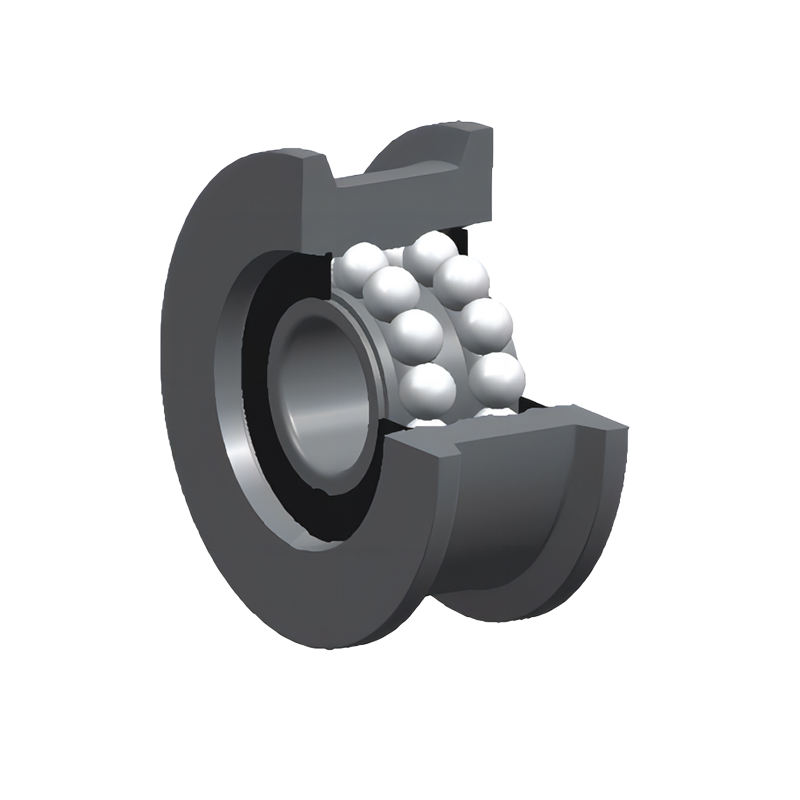High-strength steel is one of the commonly used materials for slewing bearings, with high strength, stiffness, and wear resistance. This makes it suitable for applications with large loads and high-speed rotation, and it is widely used in various industrial fields.
The high strength of high-strength steel enables it to withstand large loads. Slewing bearings are used in various large-scale equipment and mechanical systems, such as excavators, cranes, and shiploader. These equipment often need to carry heavy workpieces or items, so they require high strength to ensure safety and reliability.
The rigidity of high-strength steel is also one of its advantages. The slewing bearing will bear various dynamic and static loads during use, and high-rigidity steel can effectively resist deformation and deflection, thus ensuring the stability and accuracy of the slewing bearing. This is important for mechanical devices that require high-precision positioning and torque transmission.
The wear resistance of high-strength steel is one of its advantages in slewing bearings. Since slewing bearings are usually in a high-speed rotating state, friction and wear are inevitable, so wear resistance is an important factor in ensuring the life and performance of slewing bearings. High-strength steel can withstand greater friction and wear, and reduces the frequency of maintenance and replacement, reducing operating costs.
High-strength steel also has some limitations. Firstly, due to its high strength, the cost of high-strength steel is relatively high, which increases the manufacturing cost of slewing bearings. Secondly, high-strength steel is relatively heavy, which increases the overall weight of the equipment and may increase the difficulty of transportation and installation. In addition, high-strength steel may have poor corrosion resistance in some corrosive environments, so anti-corrosion measures are needed to extend its service life.
High-strength steel is a commonly used material for slewing bearings, with high strength, stiffness, and wear resistance. It is suitable for applications with large loads and high-speed rotation, ensuring the stability, accuracy, and longevity of the slewing bearing. However, its high cost and weight should be noted, as well as its corrosion resistance in corrosive environments.




